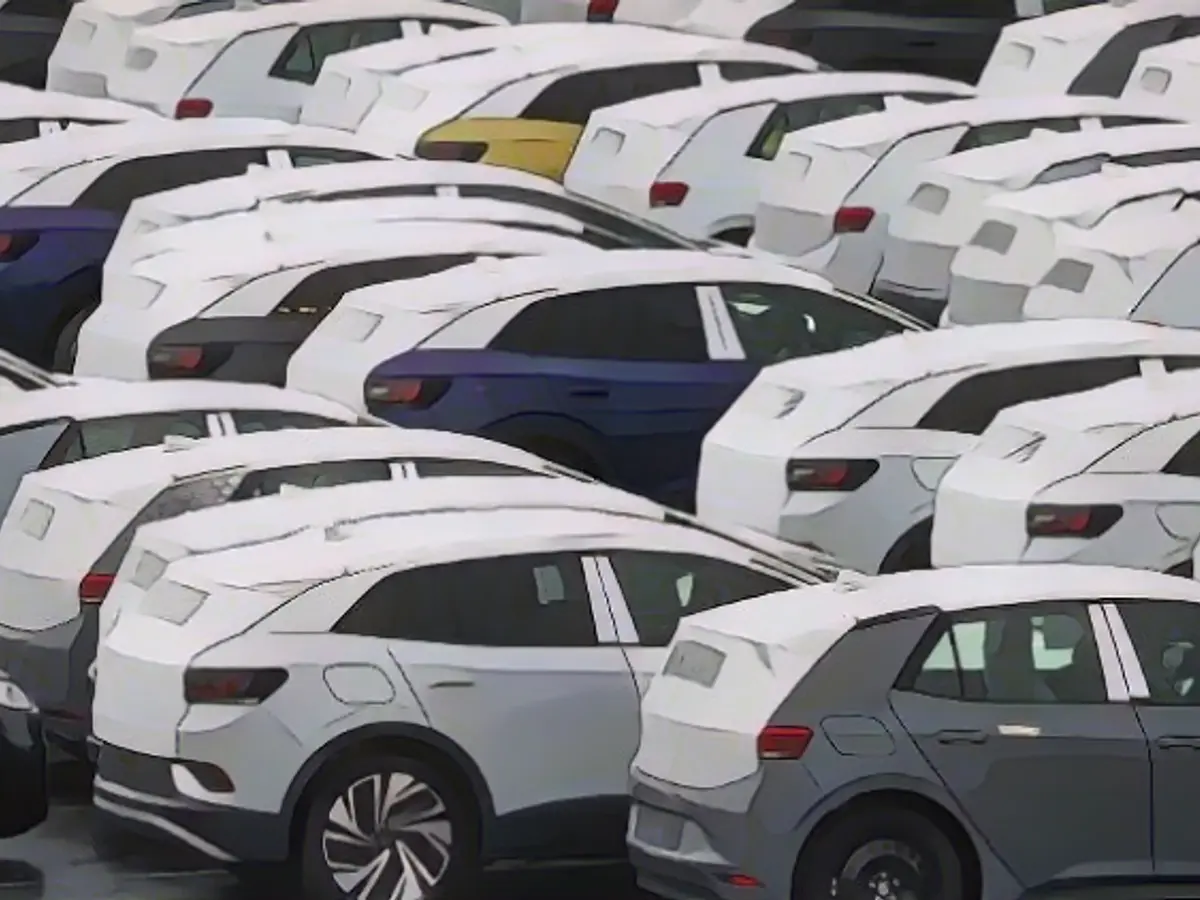New car registrations in the EU also increased in November
New car registrations in the EU also rose in November - they increased by 6.7 percent year-on-year to around 886,000, according to the European manufacturers' association Acea in Brussels on Wednesday. So far this year, almost ten million new cars have been registered in the EU. The market share of electric cars was 16.3 percent in November.
New car registrations rose for 16 consecutive months up to and including November, according to the association. So far this year, new registrations in Italy have risen by 20 percent, in Spain by around 17 percent, in France by around 16 percent and in Germany by around 11 percent. Overall, the increase in the EU over the eleven months was just under 16 percent.
In November, there was a further year-on-year increase in most markets - Germany was one of the exceptions. Here, new registrations fell by almost six percent compared to the previous year. According to the management consultancy firm EY, the main reason for this was the above-average sales in November 2022 - when government subsidies for commercial electric cars were due to expire, which resulted in high sales figures at the end of the year.
New registrations of all-electric cars in the EU rose by around 48% year-on-year to 1.4 million in the eleven months to November, while hybrid car registrations increased by almost 30% to 2.5 million. The market share of purely electric cars (up to November: 14.2 percent) in the EU is now "consistently" higher than that of diesel cars (13.7 percent), as the manufacturers' association emphasized.
"In many countries, the electric segment is likely to continue to act as a growth driver - but not in Germany," explained car expert Constantin Gall from EY. This is because the market for electric cars is not yet standing on its own two feet, but is dependent on state subsidies everywhere. "Where there are no subsidies and no investment in a good charging infrastructure, only a few electric cars will be sold."
Read also:
- Year of climate records: extreme is the new normal
- Precautionary arrests show Islamist terror threat
- UN vote urges Israel to ceasefire
- SPD rules out budget resolution before the end of the year
The year-on-year percentage increase in new car registrations in November was 6.7%, bringing the total to approximately 886,000 vehicles registered in the EU. Despite Germany's 5.9% decrease in registrations, the EU as a whole saw an almost 16% rise in new car registrations from January to November, with electric cars accounting for 16.3% of this increase within November.
Source: www.ntv.de








